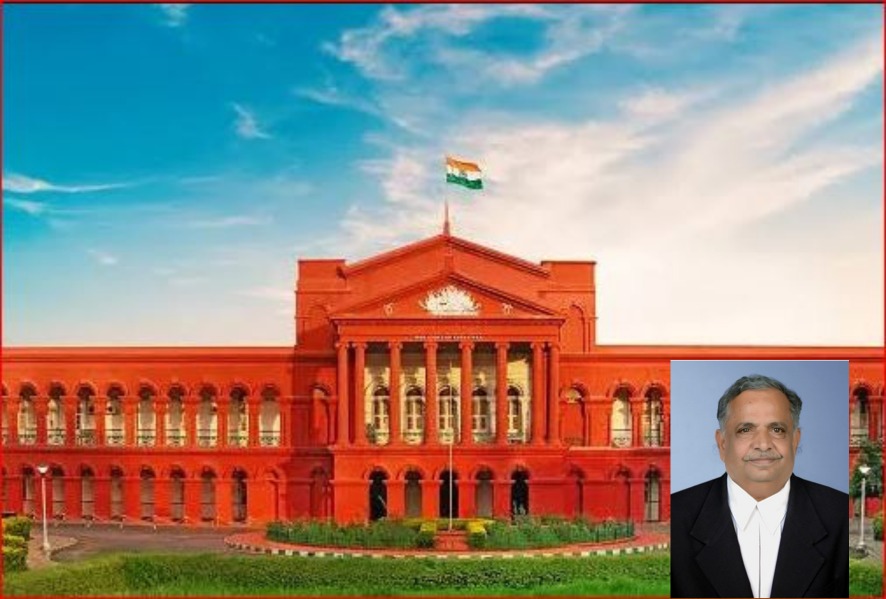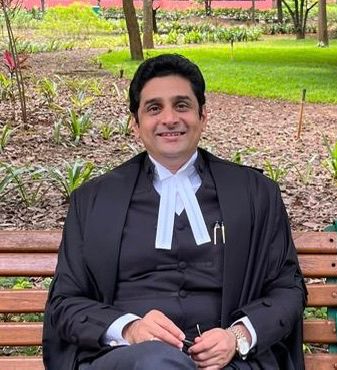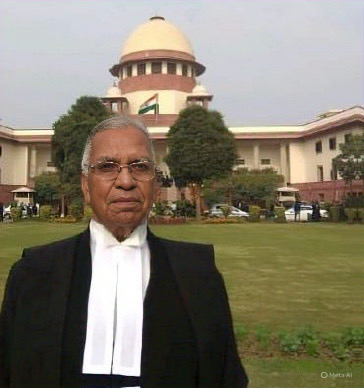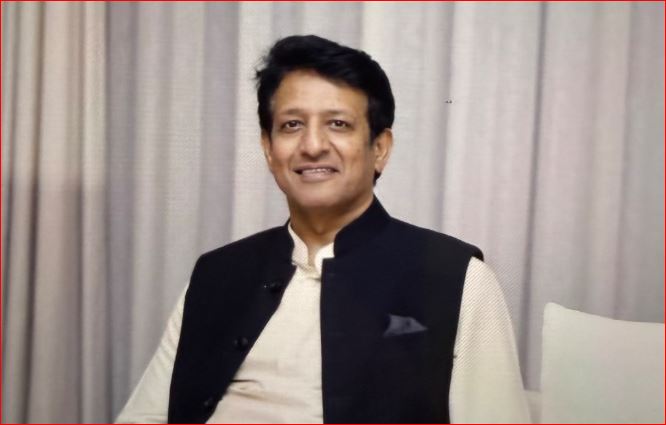An institution is as good and as strong as the people who administer it. Independence and impartiality are quintessential to the very genesis of any forum which administers justice. Judges are the bulwark of such an institution. These traits are not merely institutional. The personal qualities of the judge make up the institutional trait.
The Hon’ble Chief Justice of India, B. R Gavai, during the farewell of Justice Abhay S. Oka in May 2025, stated, “Both of us have already decided that we will not accept any post-retirement assignments and therefore, we can think of working together (after retirement).” Recently, in June 2025, while addressing the round table in the UK Supreme Court, he said, “If a judge takes up another appointment with the government immediately after retirement, or resigns from the Bench to contest elections, it raises significant ethical concerns and invites public scrutiny. The timing and nature of such post-retirement engagements could undermine the public’s trust in the judiciary’s integrity, as it could create a perception that judicial decisions were influenced by the prospect of future government appointments or political involvement.”
This has evoked a debate on the propriety or otherwise of judges of the constitutional courts accepting any post-retirement assignments. Generalisations are always perilous. They tend to do more harm to the cause than advance the cause. It is a dangerous trap. Generalisations, as opposed to expression of individual inclination,tend to exhibit a sense of righteousness which is unnecessary.
While the sentiment expressed against judges accepting post-retirement assignments is welcome as a matter of individual choice, such statements should not exhibit an attitude of holier-than-the-Pope. But the real question is whether such individual inclinations should lead to generalisations. Integrity is not something that should be waved on one’s sleeve, as a badge of honour or a ceremonial vest which one wears at the doors of the courtroom. Rather, integrity should be part of the DNA of a judge.
Aristotle reminds us that virtue exists in the mean, neither too little nor too much. A judge who abstains from post-retirement assignment, perhaps, is keeping himself free from the excess of ambition, but when he makes that abstention an exhortation, he has exceeded the mean. Aristotle cautions us against being blind to practical wisdom. Practicality demands that a citizen should play a variety of roles. Such a role for a judge can be by way of holding a post-retirement assignment, which can be in public interest without tainting the image of the judicial institution and raising ethical concerns.
Ronald Dworkin's concept of law as integrity continues this line of reasoning. According to Dworkin, the legal system is obligated to treat individuals equally, and moral judgment must inform legal interpretation. If we subscribe to his concept that law is a chain of interpretation, then post-retirement activities are not deviations but continuations of a judge's adherence to the rule of law. A judge who persists in quasi-judicial or advisory functions typically carries with him a priceless interpretive history, his background and jurisprudential understanding. The across-the-board denigration of post-retirement positions undermines this potential and implies that any institutional continuation is, by its nature, questionable, as though post-retirement judicial service is always quid pro quo. This generalisation does violence to Dworkin's ethos. It is a brush of accusation that paints all such acts with a single stroke and abrogates the nuance necessary to the law.
Plato's Republic offers us a wider philosophical view. Plato's philosopher-king will not rule, yet he does so because he is bound to the polis. When judges render service beyond their term, for them, it might not necessarily be for personal profit. Per contra, it isfor public benefit. This is an extension of the Platonic view.
If all retired judges compulsorily had to retire to a cave to lead a life of putative innocence, would we not rob the state of the value of their battle-hardened experience? To argue otherwise is to reduce the public role of judges to a simple calendar whose intellect and ability to engage in acts of public service cease at the age of 62 or 65.
Tribunalisation has come to stay as a matter of legislative philosophy in this country. Several tribunals and judicial fora, by law, are required to have, as chairperson or member, a person who has been a judge of the superior courts. These tribunals and judicial fora are often confronted with niche questions of law which require judicial analysis. No person other than a retired judge of a superior court is better suited to foster jurisprudence through these tribunals and other fora. If post-retirement assignments are considered anathema to the concept of public trust in the judiciary, then all these tribunals and fora would be paralysed in their work.
The "tainted post-retirement judge" is an overworked caricature. There is a rationale behind every judgment; there is context behind every appointment. There can be rogue examples, judges who have employed their office to negotiate future jobs, but one swallow does not form a summer. Generalisation from the particular to the general is both logically unsound and institutionally corrosive. It casts a cloud of suspicion where reason must reign. It also overlooks the vast output made by judges after retirement, such as reports, reforms, and legal education, often with no personal reward in sight.
In this context, it is pertinent to recall the likes of Justice M.B. Shah, who in post-retirement led the Special Investigation Team (SIT) on black money and toiled ceaselessly with executive agencies; Justice Gita Mittal, after retirement, became Chairperson of the Broadcasting Content Complaints Council, dealing with media freedom and ethics; Justice B.N. Srikrishna who led the Data Protection Committee that laid the foundation of India's privacy law framework; Justice Dalveer Bhandari, who was elected to the International Court of Justice before his formal retirement, a role demanding utmost integrity; Justice M N Venkatachaliah, who chaired the 11-member National Commission to Review the Working of the Constitution and was also the chairman of the National Human Rights Commission; Justice Abdul Nazeer, who is currently serving as the Governor of Andhra Pradesh.
Justice K.S. Hegde resigned from the Supreme Court in 1973 and in 1977 was elected to the Lok Sabha from the Bangalore Southconstituency on a Janata Party ticket. He later became the Speaker of the House. Chief Justice Koka Subba Rao, immediately after retirement, contested the Presidential election in 1967, a decision that, though political in form, was constitutional in spirit.
Justice V. R. Krishna Iyer, who was a Minister in the cabinet in the government led by E. M. S. Namboodiripad, was later appointed as judge of the Kerala High Court and later elevated to the Supreme Court.
Justice M.C. Chagla served as the Chief Justice of the Bombay High Court from 1948 to 1958. Later, he was appointed as an ad hoc judge of the International Court of Justice at The Hague and as UK High Commissioner. Post which, he served as a Minister in the Union government.
Chief Justice Hidayatullah was elected as the Vice-President of India by a consensus among different parties and occupied that high office with distinction from 1979 to 1984. These are but a few instances. There are other judges too, who have subsequently headed law commissions, tribunals, and commissions of inquiry with diligence and integrity beyond reproach, actions not of corruption, but of continuation of public service. These positions were not rewards but duties of offices involving intellectual seriousness, institutional maturity, and public responsibility. To vilify them all under the banner of institutional purity is not appropriate.
Judges do, naturally, have to be sensitive to the appearance of impropriety. But appearances cannot be the only criterion for institutional trust. Justice has to be seen to be done, yes, but not at the cost of those who toil unobtrusively in the second innings of public life. If anything, we need a transparent, rule-based system of post-retirement involvement. Recognising the vulnerability of human beings and yet being able to allow for public good. This is a delicate balance. To suspect every appointment is to forsake trust in the individuals and thereby in the institution we aim to safeguard.Let us not throw away the baby with the bath water.
There is yet another reason why a post-retirement assignment for judges cannot be faulted. Judges are a rare breed. They are persons of erudition, having deep-rooted experience of people and matters. At the time of retirement as the judge of the superior court, they would have normally experienced judgeship for over a decade. Unbiased examination of issues would have become an ingrained quality of their personality by the time they retire. At 62 or 65, as the case may be, many of our judges are physically fit, mentally alert, and the nation is crying for such talent. A rich source of such talent is amongst retired judges.
Post-retirement assignment for judges truly should not become a mode of corruption or political opportunism. Post-retirement employment, conducted in an ethical and transparent manner, is not a stain but a badge, earned more regal than the king. The judiciary is worthy of our watchfulness, but also worthy of our sense. Let us not discard institutional prudence in favour of the convenience of easy distrust. Let us recall that criticism must issue from principle, not pique; and that if virtue is true, it seldom needs herald itself with trumpets.
By,
Senior Advocate K.G. Raghavan.
Assisted by,
Priyanka Ajjannavar, Advocate.
D G Chiranth ( Final Year in NLSIU) and Ravneet Danawade(Third Year of IIULER).




